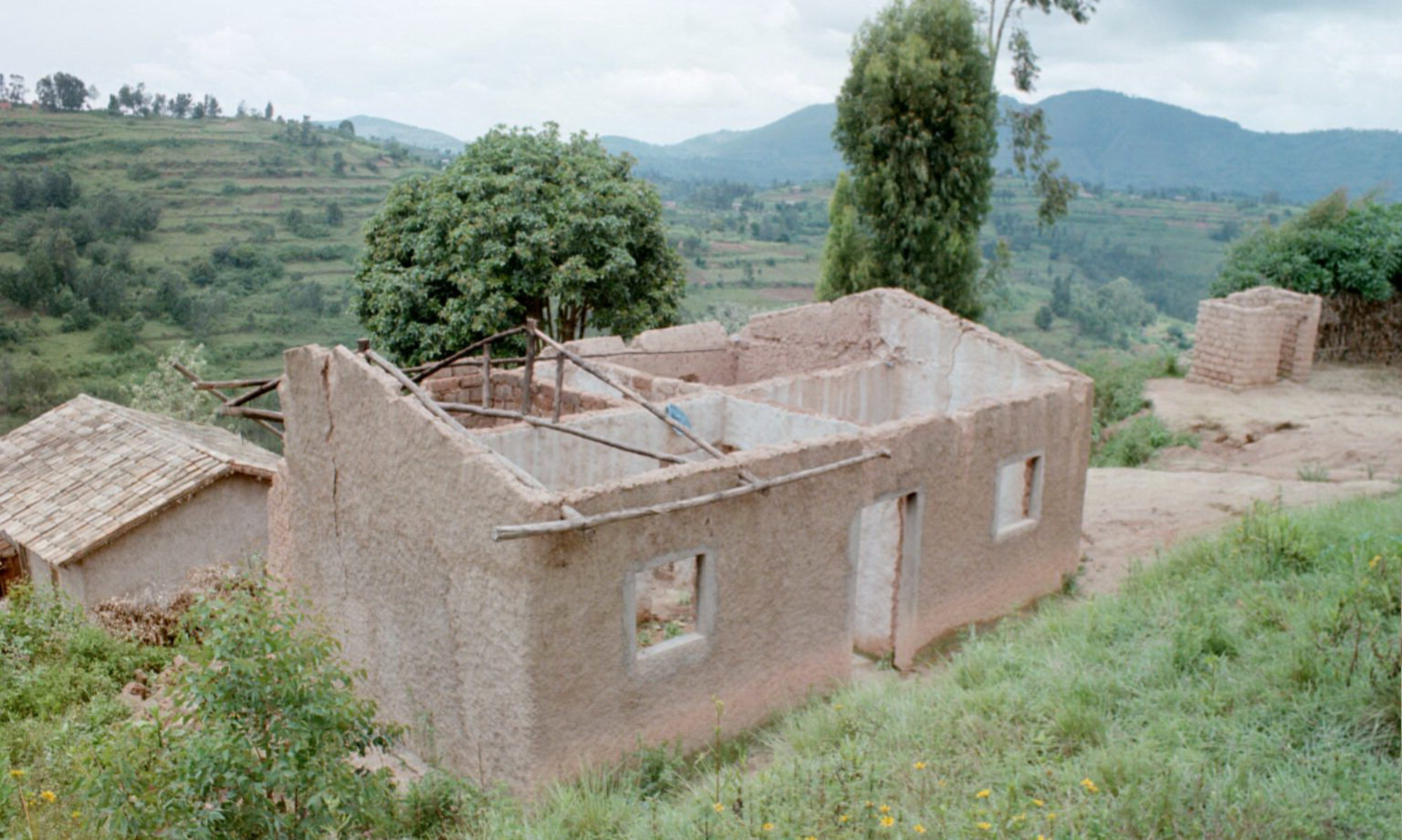ANTH 503 Central Africa and the Politics of Development
This course examines the politics of development with a focus on anthropological critiques of development. Approximately one third of the course is devoted to development theory and the rest to empirical examples from central Africa. We will use Democratic Republic of the Congo, Rwanda and Burundi as case studies to understand the legacies of Belgian colonial rule and the divergent postcolonial development policies of each country in the postcolonial period have traced different trajectories for each nation. Throughout the course we will trace the links between this region and the rest of Africa and the world. We will study the roles of various actors of the postcolonial complex, including non-governmental organizations (humanitarian, human rights, and political organizations), inter-governmental organizations (such as the United Nations bodies, the International Monetary Fund, and the World Bank), foreign governments (including international development assistance, diplomacy, intelligence activities, and military intervention), and non-state and quasi-state actors (primarily militias, rebel movements, and external political parties and organizations.) Throughout the semester we will discuss the changing relationships between state and social institutions in the region.
Learning Objectives
Upon successful completion of the course, students will demonstrate that they are able to do all of the following:
- Identify and locate on a map the capitals, provinces, major cities, and major rivers of DR-Congo, Rwanda and Burundi and identify and locate on a map the countries of the entire continent of Africa.
- Explain and apply fundamental concepts such as development, humanitarian aid, action research, genocide, colonialism, and postcolonialism
- Articulate at least four anthropological critiques of development, development theory, and international aid
- Explain the political, social, economic, and historical context of the conflicts in Great Lakes Africa today.
- Analyze, interpret and evaluate scholarly writing on development and the political economies of DR-Congo, Rwanda, and Burundi.
- Demonstrate their mastery of these concepts by participating in class discussion and writing discussion papers and questions and either (1) undertaking autonomous research and writing a clear, precise, and accurate paper on a relevant question about development in Great Lakes Africa or (2) writing clear, precise, and accurate essay exam responses.
Course Readings
Arturo Escobar (1995) Encountering Development: The Making and Unmaking of the Third World. Princeton UP. ISBN-13: 978-0691001029
Jean-Pierre Olivier de Sardan (2005) Anthropology and Development: Understanding Contemporary Social Change. Zed Books. ISBN-13: 978-1842774175
Peter Uvin (1998) Aiding Violence: The Development Enterprise in Rwanda. Kumarian Press. ISBN-13: 978-1565490833
Séverine Autesserre (2010) The Trouble with the Congo: Local Violence and the Failure of International Peacebuilding. Cambridge: Cambridge University Press.
Marc Sommers (2012) Stuck: Rwandan Youth and the Struggle for Adulthood. Athens, GA: University of Georgia Press.
Rene Lemarchand (2010) The Dynamics of Violence in Central Africa. U of Pennsylvania Press.
Peter Uvin (2009) Life After Violence: A People’s Story of Burundi. Zed Books. ISBN-13: 978-1848131804
Additional journal articles and readings will be made assigned and made available to students via Blackboard.
